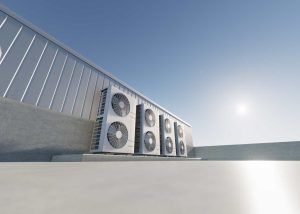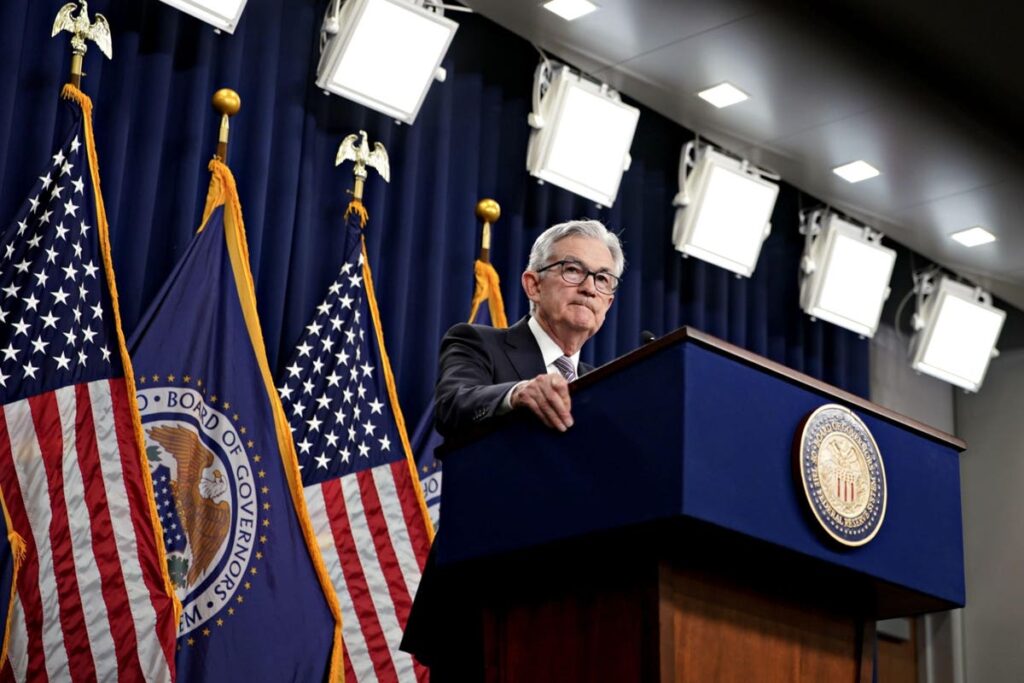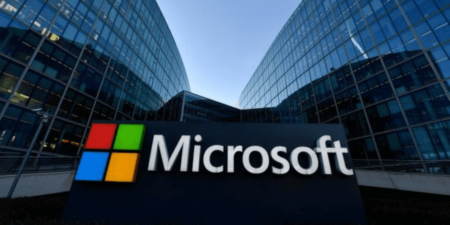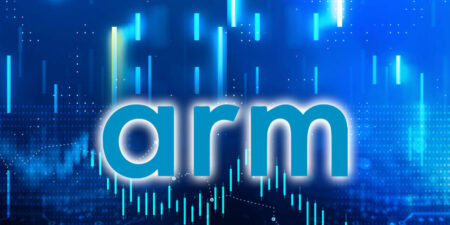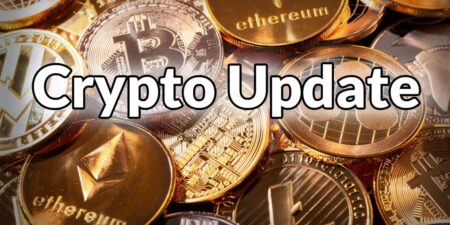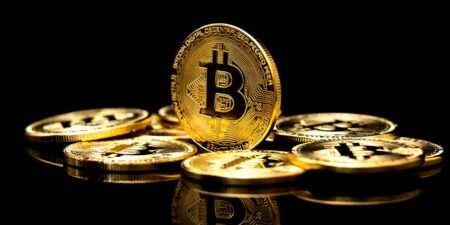The U.S. Federal Reserve will set the target for short-term interest rates on June 14 at 2pm EST. It could be the first time that the Fed chooses to hold rate steady in 18 months. However, this isn’t a foregone conclusion, interest rate futures currently imply a 1 in 4 chance that the Fed decides to increase rates once again, so a rate hike is not fully off the table, especially with new a CPI report coming on the first day of the Fed meeting.
In recent public statements, Fed officials have argued that monetary policy is currently restrictive, but that core inflation remains too high. As such, the Fed still has a bias towards increasing rates further if needed, but at least for the June meeting, may adopt more of a patient position in monitoring the lagged effects of past rate moves.
Assuming rates are held steady, the key question is whether the Fed sees the current situation as a pause with potential for further hikes, or perhaps the top of this rate cycle. Currently messaging from Fed leaders has been more hawkish. This implies frustration with progress on inflation, and that further rate hikes are possible, even likely.
Different Perspectives
That said, there is some variance emerging between policymakers’ perspectives, as monetary decision making becomes more fine-tuned at what appears to be close to the top of the interest-rate cycle. Some lean towards incremental hikes, others are advocating for more patience with currently high rate levels. It will be interesting to see if Chair Powell can produce a consensus decision on rates.
Inflation Data
On the morning the Fed starts their deliberations, we’ll receive CPI inflation data for the month of May. Expectations are that headline inflation will continue to slow, but core inflation may remain well above the Fed’s target. The main wildcard is housing costs, which is a sufficiently large component of the CPI to drive it materially lower, as industry estimates suggest is likely over the coming months.
Jobs Data
Then the other primary component of the Fed’s mandate. in addition to inflation, is full employment. Here we’ve seen unemployment perform better than most expected in a generally hot jobs market into 2023. However, recently rising unemployment claims, though volatile and subject to revision, may be a slight concern for the Fed. If the jobs market weakens then the Fed will have to make a more considered trade-off between taming inflation and boosting job growth. For now, with a strong jobs market the Fed has been free to keep the focus on fighting inflation, notwithstanding issues in the banking sector.
Summary of Economic Projections
At the June meeting the Fed will provide a Summary of Economic Projections (SEP) this includes estimates from policy makers on where they see rates at the end of 2023. In March, most of the Fed participants saw rates ending the year at current levels, with a few signaling additional hikes may be coming. Though the Fed emphasizes that the SEP don’t constitute an explicit forecast, it will be interesting to note how projections here have evolved compared to March, and Chair Powell will provide further color through his press conference.
It seems likely that the Fed will hold rates steady at its June meeting, though maybe there won’t be consensus given a few policymakers are perhaps looking for higher rates. The key question is if, and when, the Fed may be tempted to raise rates again in 2023, or if the Fed starts to dial back expectations for additional hikes either due to concern about the jobs market or greater optimism regarding disinflation. Either way, there isn’t much expectation that rates rise much from current levels.
Read the full article here
